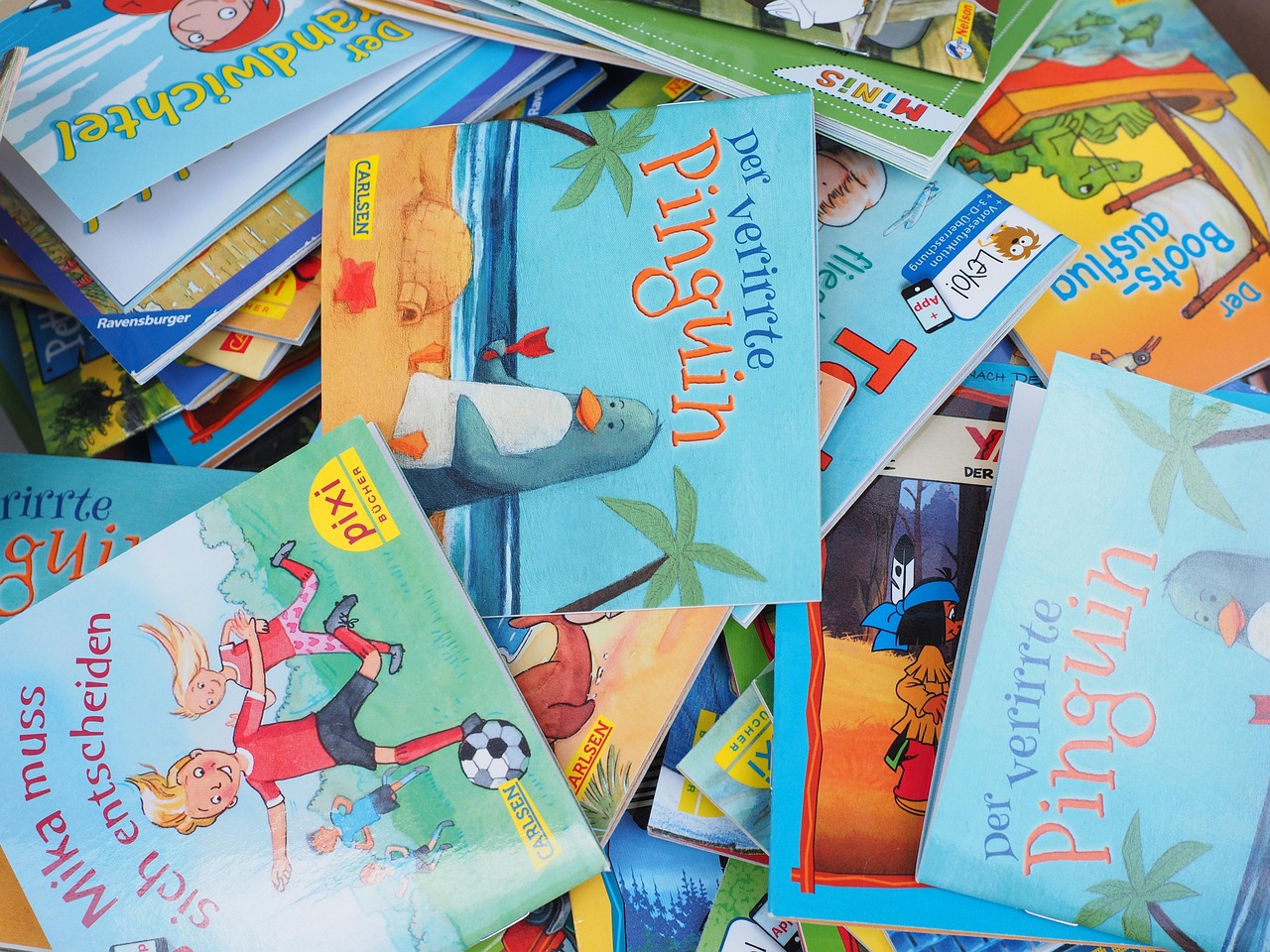Article Title:Defining dirt: Three early modern views of obscenity
Abstract:
This essay examines the workings of bad language in the early modern period, along with its social and political contexts--why and under what circumstances some words were deemed inappropriate for polite or moral discourse and literature. In early modern English, words such as 'shit' or 'fuck' were not considered 'swearing', but rather occupied a separate category of 'wanton' or 'obscene' language. Thomas Elyot's The Boke Named the Governour, Desiderius Erasmus' De Copia and George Puttenham's The Arte of English Poesie pay particular attention to this category. They investigate it from different perspectives, but reach similar conclusions: obscene words have an offensive power in excess of their literal meaning, exposing body parts and actions that should be concealed to a greater degree than do their more decorous synonyms. These texts also agree that the rules of decorum which govern obscenity are extremely flexible, so much so that obscene words may be the most useful and even the most appropriate terms in certain circumstances.
Keywords: obscenity; civility; dictionaries; Thomas Elyot; Desiderius Erasmus; George Puttenham
DOI: 10.1080/0950236032000094836
Source:TEXTUAL PRACTICE
Welcome to correct the error, please contact email: humanisticspider@gmail.com



